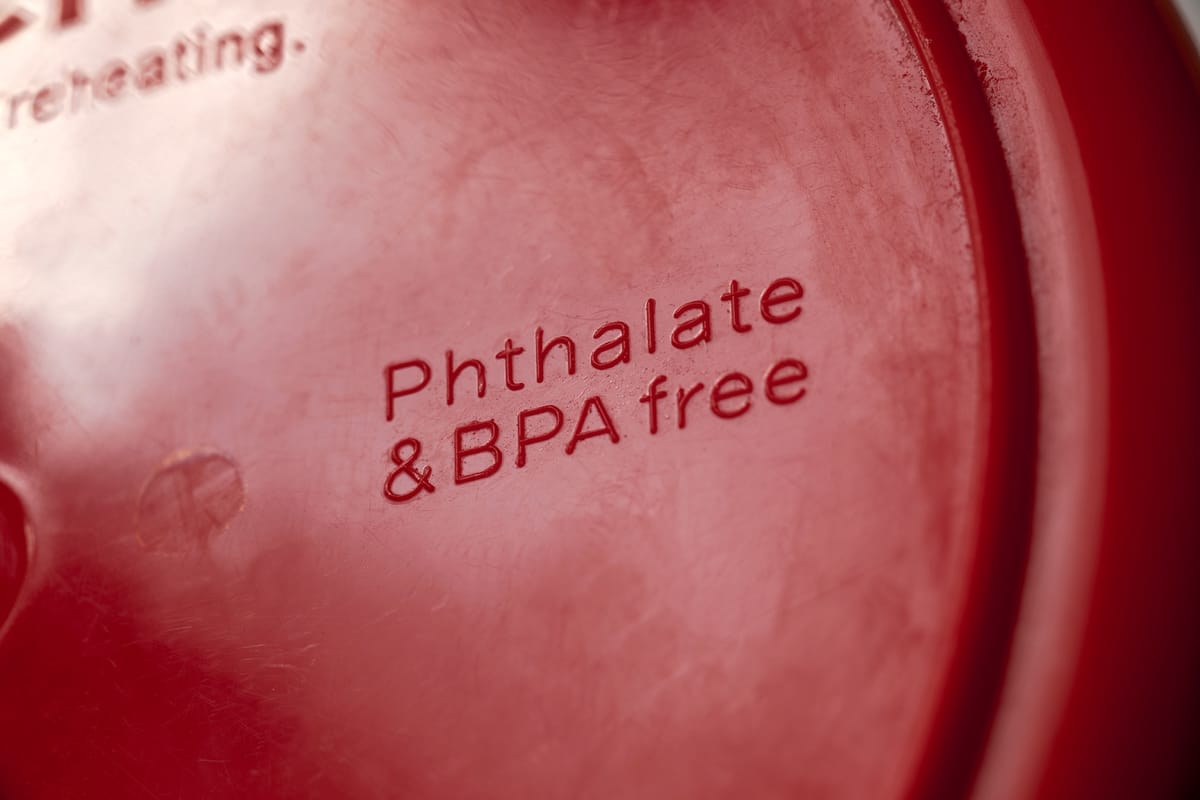

Hidden Dangers in Everyday Plastics
A startling connection has emerged between a common chemical found in plastics and a significant number of heart disease deaths, particularly among those in their later years. Research has pointed to phthalates, chemicals used to make plastics more flexible, as a potential public health concern. These chemicals, including DEHP, are found in everyday items like medical tubing, food packaging, and household products, making exposure almost unavoidable.
The findings suggest that this chemical could be tied to over 13 percent of heart disease deaths worldwide, with a particularly heavy toll on individuals aged 55 to 64. This age group, often already at risk for heart issues, appears to be especially vulnerable to the effects of DEHP exposure. While the exact mechanism isn’t fully understood, the numbers are alarming enough to warrant serious attention.
Research Highlights a Global Health Threat
A recently published study has brought this issue to light, estimating that more than 350,000 heart disease deaths in 2018 among the 55 to 64 age group could be linked to DEHP exposure. The researchers analyzed data from various global health records to draw these conclusions, focusing on how this chemical might contribute to cardiovascular issues. Their work underscores the widespread presence of phthalates in daily life and the potential risks they pose.
Senior study author Leonardo Trasande from NYU Langone Health emphasized the scale of the problem, stating, 'Our research suggests that the toll of this chemical on society is much greater than we first thought.' He and his team are urging for more studies to confirm these associations, but they believe the evidence is strong enough to start taking preventive measures now.
What Are Phthalates and Where Are They Found?
Phthalates like DEHP are chemicals added to plastics to increase their flexibility and durability. They’re commonly used in products such as vinyl flooring, plastic packaging, and medical devices like IV tubing and blood bags. Unfortunately, these chemicals don’t stay locked in the products—they can leach out over time, entering the body through food, water, or even skin contact.
Because of their widespread use, avoiding phthalates entirely is nearly impossible. They’re in the cling wrap used to store leftovers, the containers holding personal care products, and even in some children’s toys. This constant exposure raises concerns about long-term health effects, especially as we age and our bodies become less resilient to environmental stressors.
The U.S. Environmental Protection Agency and other health organizations have been monitoring phthalates for years, but regulations remain limited. Some types of phthalates have been banned in children’s products due to health concerns, but DEHP and similar chemicals are still widely used in many adult-oriented goods. This gap in oversight is something researchers hope will change as more evidence comes to light.
Health Implications and Calls for Action
While the study doesn’t prove that DEHP directly causes heart disease, it highlights a strong correlation that can’t be ignored. The researchers suggest that these chemicals might interfere with the body’s natural processes, potentially leading to inflammation or other issues that strain the heart. For those already managing heart conditions or risk factors like high blood pressure, this added burden could be significant.
Leonardo Trasande added, 'It is crucial that we reduce exposure to these chemicals through better regulation and consumer awareness.' His call to action reflects a growing concern among scientists about 'forever chemicals'—substances that persist in the environment and the human body for extended periods. The hope is that policymakers will take note and push for stricter controls on phthalate use.
What Can Be Done to Protect Yourself?
While waiting for broader regulatory changes, there are steps individuals can take to minimize exposure to phthalates. Opting for glass or stainless steel containers instead of plastic for food storage is one practical measure. Also, checking product labels for 'phthalate-free' designations can help when purchasing personal care items or household goods.
Being mindful of medical products is another area of concern, especially for those frequently in healthcare settings. If possible, ask healthcare providers about alternatives to plastic tubing or bags that might contain DEHP. While it’s not always feasible to avoid these materials entirely, small changes can add up over time.
Public health advocates are also pushing for more transparency from manufacturers about the chemicals used in their products. Until that happens, staying informed and making conscious choices is the best defense against potential risks from everyday exposures.
Dues are $12 per year. Member benefits:
✅ Ad-Free Website Viewing
✅ Advocacy for Republican Seniors
✅ 120+ Senior Discounts
✅ Member Only Newsletters